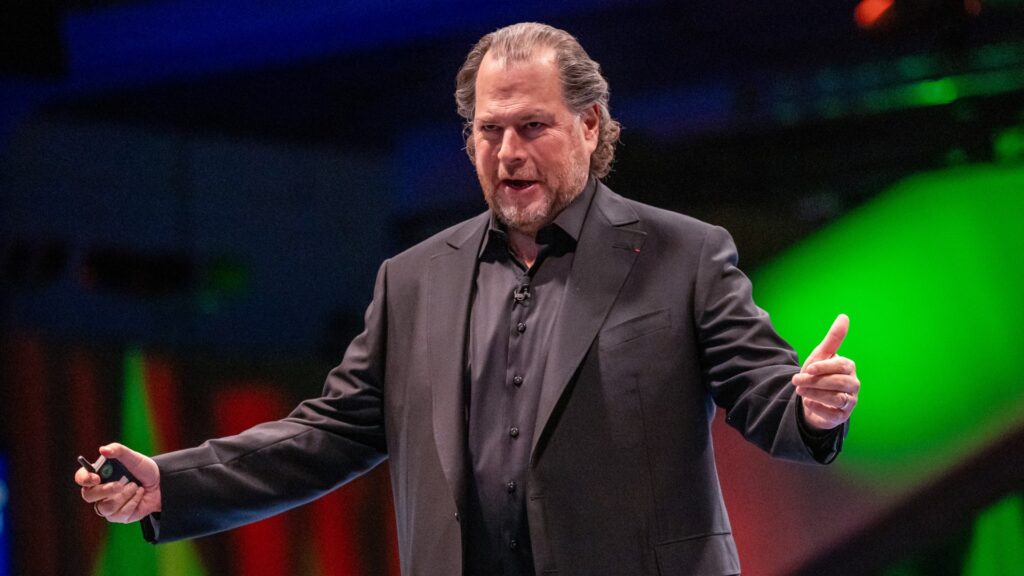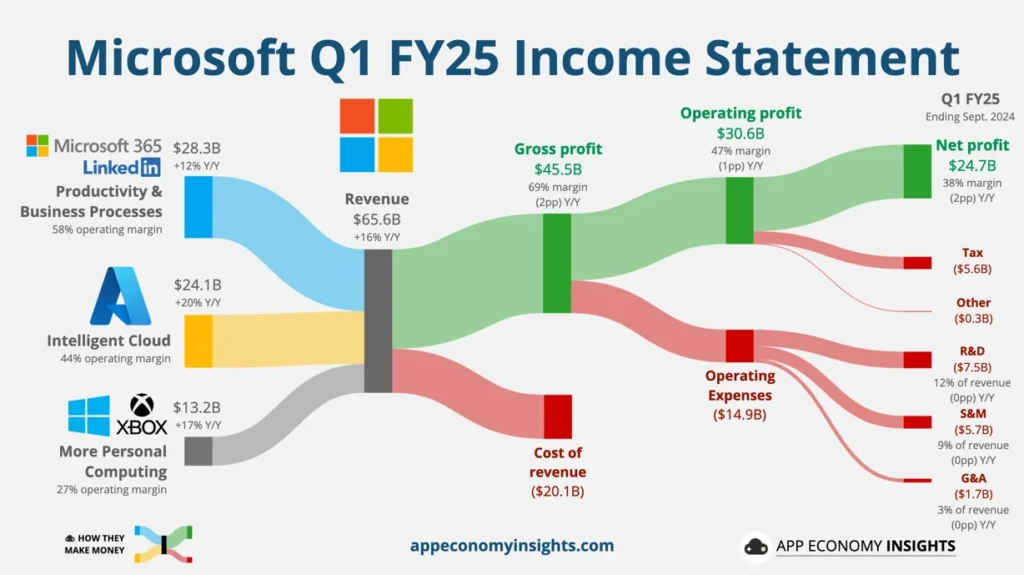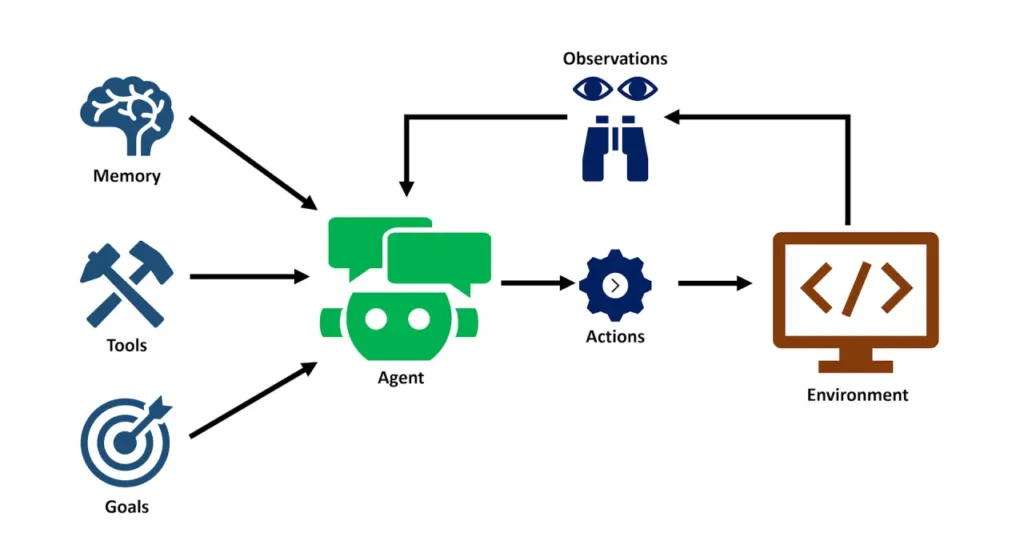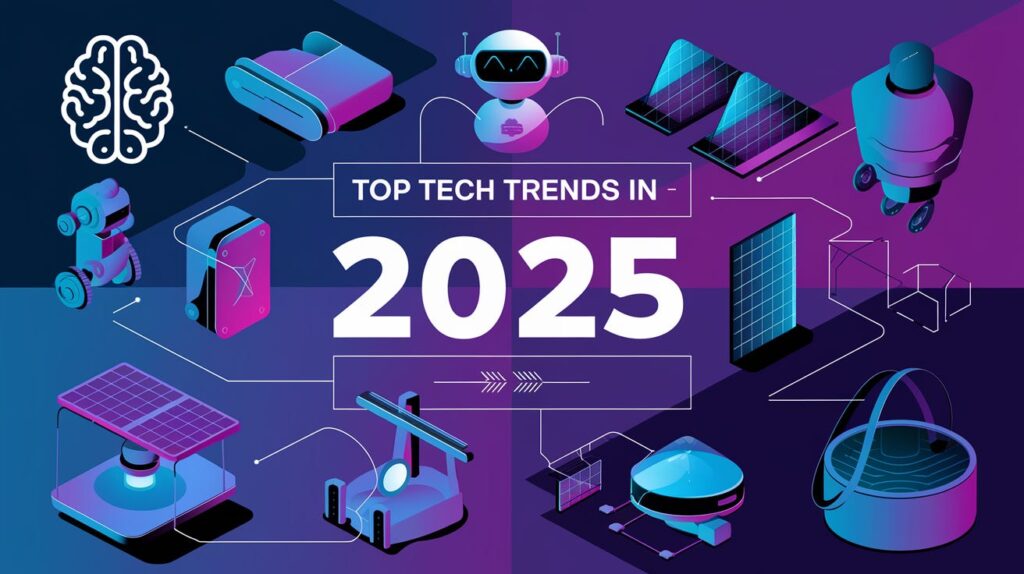1. Salesforce CEO: “AI Helps People, Not Replaces Them”
Speaking in London, Salesforce CEO Marc Benioff addressed growing concerns over AI replacing human workers. Despite the company using AI to automate up to 85% of customer service inquiries and accelerate sales processes, Benioff emphasized that AI’s role is supportive—not substitutive.
“AI augments people, but I don’t know if it necessarily replaces them,” he said.
He also predicted that the next generation of entrepreneurs will thrive by harnessing AI as a tool—not fearing it.

2. Google Brings Gemini AI Search to the UK
Google has officially launched its Gemini-powered AI search in the UK, offering users more sophisticated, context-aware answers to complex questions. The rollout, powered by Gemini 2.5, positions Google as a strong competitor to new AI-first engines like Perplexity.
Users can now expect search results that go beyond keywords—providing summaries, comparisons, and contextual answers on the fly.
3. Microsoft Quietly Ends 30-Year Reporting Tradition
In its 2025 annual report, Microsoft has stopped naming specific competitors—like Apple, Google, Meta, or Nvidia—a sharp departure from a nearly three-decade tradition. Instead, the company framed competition more broadly across product categories and emerging technologies.
The change reflects how fluid and fast-moving the tech landscape has become, especially as AI and cloud services continue to evolve rapidly.

4. Breakthrough in Battery Safety: Wood-Based Innovation
Scientists at Michigan State University have created a patent-pending lignin-based separator that could significantly reduce fire and toxicity risks in lithium-ion batteries. The material, derived from wood, improves both the safety and longevity of batteries—making it ideal for use in electric vehicles and consumer electronics.
This bio-based innovation is a promising step toward safer, more sustainable battery design.
5. AI Unlocks Next-Gen Battery Chemistry
Researchers using AI-driven materials discovery have identified new porous compounds that could eventually replace lithium-ion batteries. These materials promise greater energy density and environmental sustainability—potentially reshaping the future of mobile power.
AI’s role in this discovery marks a turning point in how we approach energy innovation, offering faster pathways to commercial solutions.
6. UT Austin Secures $20M for AI Reliability Research
The National Science Foundation has renewed its funding for the AI Institute for Foundations of Machine Learning (IFML) at UT Austin, awarding $20 million to further research into AI accuracy, explainability, and adaptability.
The initiative focuses on real-world reliability—particularly for critical sectors like healthcare, imaging, and biotech.
7. The Rise of Agentic AI Continues
A broader trend defining 2025 is the growing use of agentic AI—systems that don’t just generate text but plan, execute, and adapt across multiple steps. These agents are now being deployed across research, coding, sales, and customer support.
Unlike earlier AI chatbots, agentic tools are goal-oriented and self-improving, making them far more valuable in enterprise workflows.

Why It All Matters
- Human-centered AI: Tech leaders like Benioff and Gates are shaping the narrative around augmentation—not automation.
- Search innovation: Google’s Gemini upgrade demonstrates how AI is redefining information retrieval.
- Corporate adaptation: Microsoft’s reporting changes show how quickly competitive dynamics can evolve.
- Battery breakthroughs: From safer designs to new compounds, material science is poised for disruption.
- Foundational investment: Public funding in AI safety and accuracy ensures future scalability with responsibility.
- Next-gen AI agents: Autonomous, multi-step tools are becoming core to business transformation—not just side tools.


